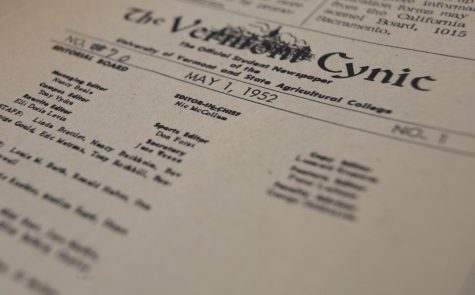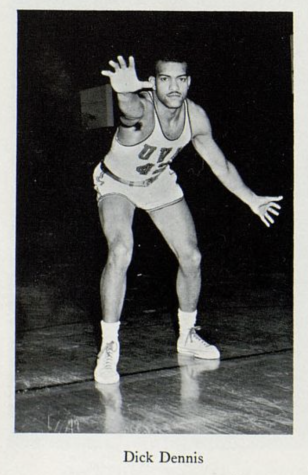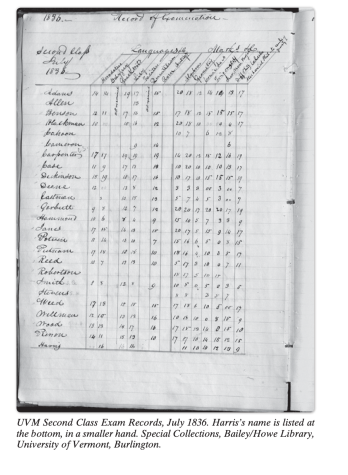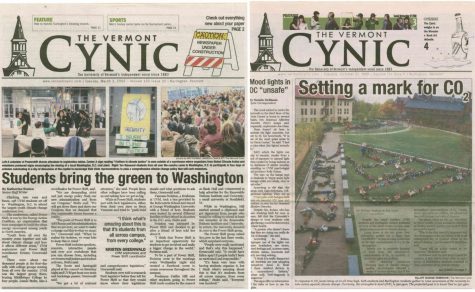Students behaving, less noise tickets
Ê
Depending on someone’s line of work, no news can be good news. This was the case last Friday when the typically energetic weekend party scene of on-campus and in Burlington was surprisingly quiet.
In the hours between midnight and 2 a.m., officer Michael Blow responded to only three calls. The first call was for an intoxicated student found passed out and vomiting at Wing Hall.
Another call was made for a group of students found with drugs at Wilks Hall.
They were believed to have thrown evidence out the window, but nothing was found.
The last call was for a Blue Light triggered at Jeanne Mance, which turned out to be a false alarm.
Blow said that the patterns for students’ weekend activities tend to change based on a variety of factors. He noted that the usual time of activity has been getting gradually later.
In addition, the amount of tickets issued, especially for noise violations, is much lower than last year.
“Right around 2 a.m. was when students started making their way back up the hill, but this year it’s been closer to three,” Blow said.
He also noted that other factors, including the weather and important events, such as holidays, affect students’ actions on the weekends. The Halloween holiday is predicted to see an increase in incidents.
During these elevated periods of activity, the Vermont Department of Health instituted the Stop Teen Alcohol Risk Team (START) alert. START’s goal, according to the Department of Health website, is to promote community change in enforcing underage drinking laws.
When a START alert is initiated, police departments around Vermont involved in the program send extra representatives on patrol. Officers involved in START may also be alerted to an event where underage drinking may occur, according to their website.
If a student younger than 21 is caught drinking by UVM police, they are disciplined through the Center for Student Ethics and Standards, rather than through state or city police systems. This results in disciplinary actions through the University, as opposed to the student being charged with a criminal offense.
“Most of the people we’re dealing with are students and we’re dealing with the college experience, as opposed to criminals,” Blow said.
According to the Center for Student Ethics and Standards Summary Student Conduct Report, there was a significant drop in the number of alcohol related offenses in the 2012 and 2013 compared to the previous year.










